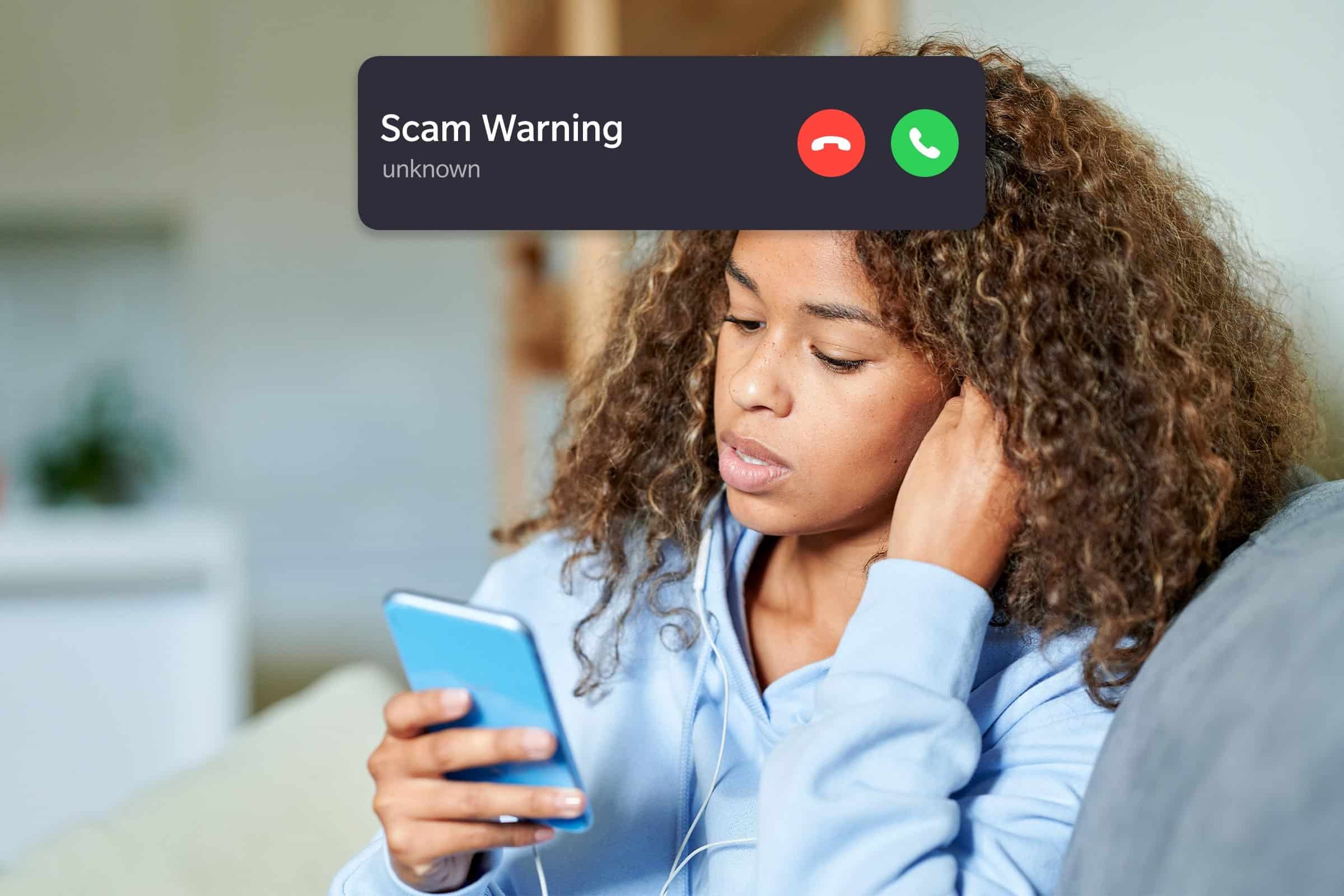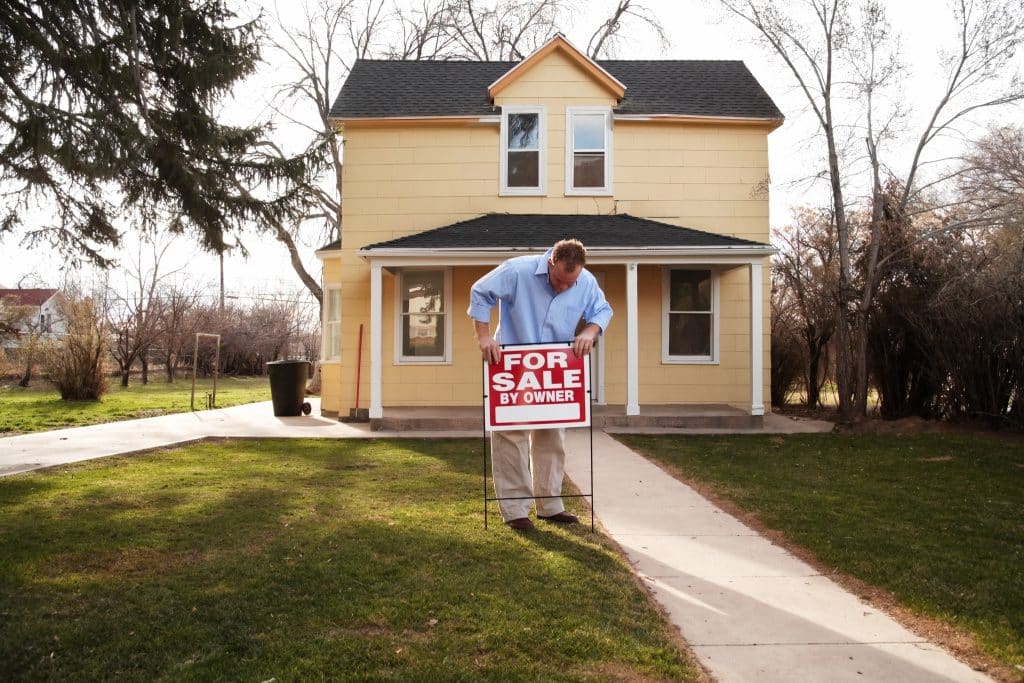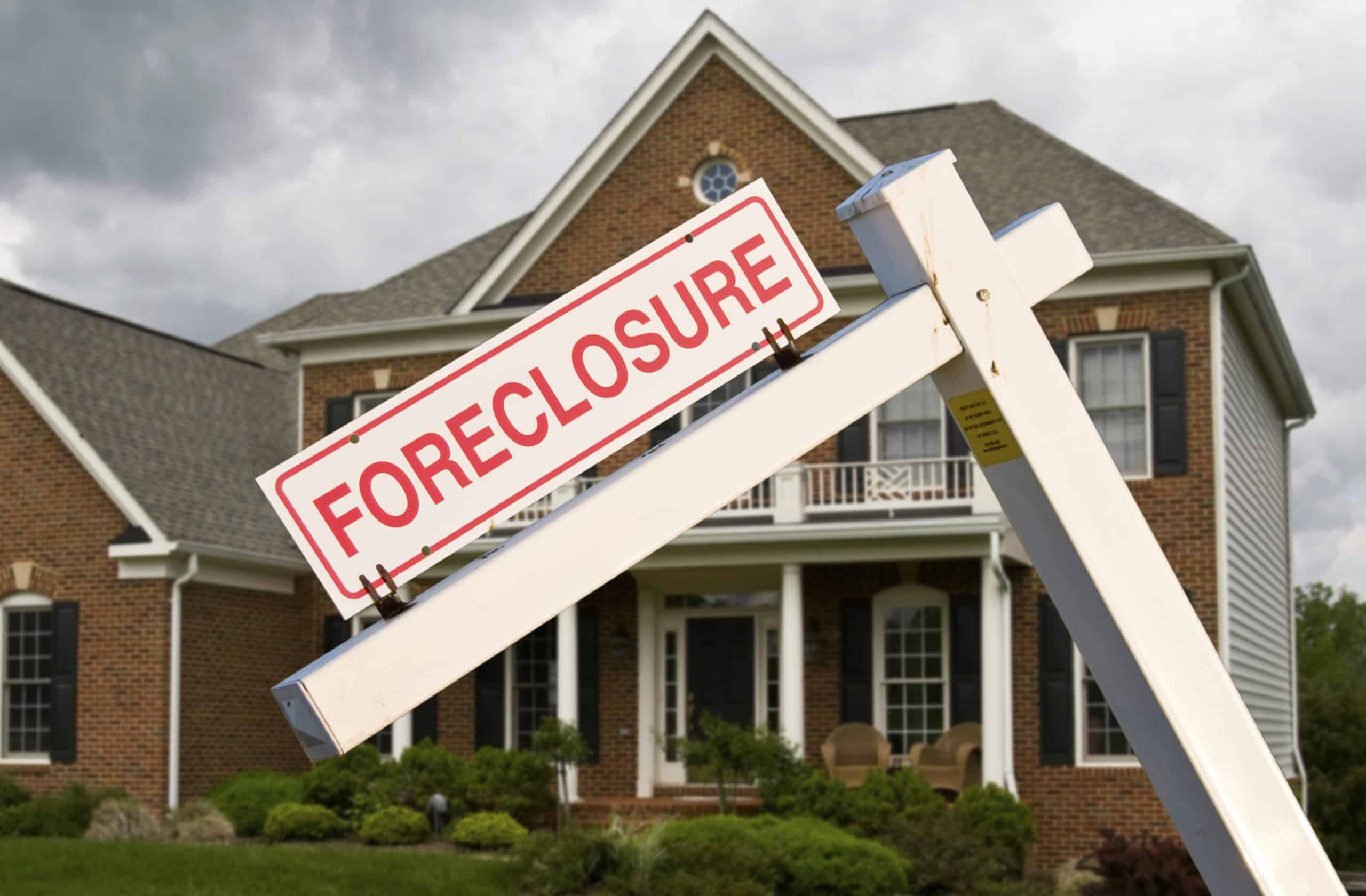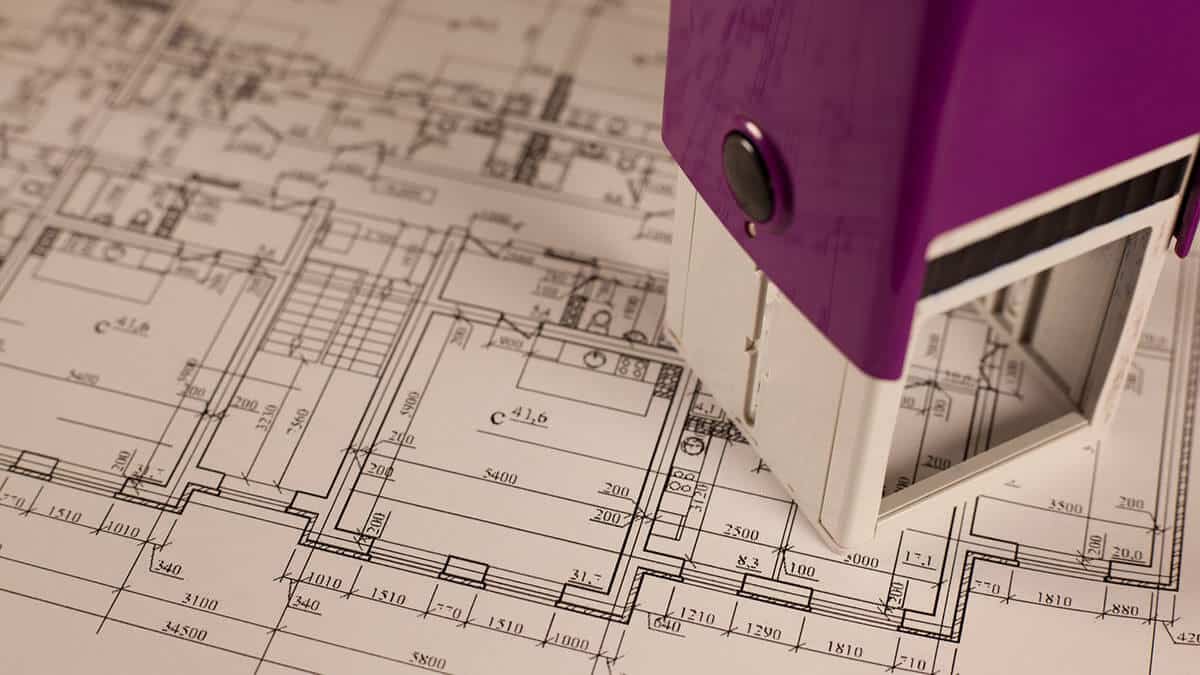
Common Home Selling Scams and Ways to Avoid Them

According to an FBI report, home-selling scams are ramping up, a 42% increase of scams are related to real estate. It has become a concerning issue for both sellers and buyers. With the substantial financial transactions involved in selling a home, being vigilant and abreast of potential scams that could jeopardize your hard-earned money is crucial. This article will explore common home-selling scams and types of home buyers wanting to rip you off and provide tips on protecting yourself from falling victim to them. Keep on reading to discover the prevalent real estate scams, how to spot them, and ways to steer clear of them, granting you confidence as you embark on your first home sale.
Hacked Emails & Wire Transfer Scam
Among the widespread this one involves hackers gaining access to your real estate agent or title company’s email. They uncover your personal details and closing information. The scammer then masquerades as the seller, instructing the title company to wire the escrow funds to their own account.
Pendency Notice
This scheme unfolds when a buyer, deep into the closing process with money in escrow, suddenly insists on a discount, often citing “repairs” or demanding cash back from the agreed-upon offer price. If the seller declines to negotiate, the buyer takes a drastic step: filling out a notice of pendency that signals a pending lawsuit regarding the property. Consequently, the seller’s hands are tied, preventing them from selling to another party, effectively coercing them into negotiation.
Administrative Fees Beforehand
You might run into a company or an “agent” who expresses interest in buying your home, perhaps even claiming to have a ready buyer. However, they insist on collecting upfront administrative fees or taxes before finalizing the sale. The unsuspecting property owner pays these fees, only to find the scammer vanishing into thin air, leaving them high and dry.
Forged Deeds
Picture this: You’ve listed your home, secured a buyer, and are on the verge of closing the deal, only to discover that another individual has staked a claim on your property, often through a quiet claim or blatant forgery. This scam typically unfolds when someone presents a deceitful deed for your property to a notary, records the phony deed at the county recorder’s office, and then secures a mortgage on your property to access funds. If you’re a homeowner with substantial equity in your home, you become an attractive target for scammers.
Buyers seeking off-market deals
These unsolicited individuals may come forward without prior contact and occasionally their messages may exhibit peculiar specificity, making them appear credible. Their ultimate intention might involve presenting an offer significantly below the market price or trying to extract personal financial details.
You might find yourself in a scenario where the prospect of an off-market, all-cash sale is quite appealing due to your financial needs. However, it is advisable to consult a reputable mortgage lender who can assist you in exploring alternative options like a home equity loan or mortgage refinance.
Types of Fake Real Estate Buyers
Yes, property selling is a challenging process. You may find yourself asking if my realtor is scamming me? Or is this buyer worth trusting? And it is not groundless since there is a number of tricky house buying scam schemes guided by subtle buyers eager to cheat out money. Here are some examples of real estate scammers you might come across when selling your home.
Too Excited Buyer
Beware of the overly eager buyer who exhibits an unusual level of excitement about your property, often making offers without ever physically inspecting the home. If you notice that they claim to offer cash, promise earnest money deposits, or even suggest a wire transfer scam – watch out. Legitimate remote buyers typically have an agent representing them and facilitating virtual property tours. If a buyer seems excessively eager without any physical interaction, exercise caution.
International Buyer
One of the oldest tricks in the book is the overseas or foreign buyer scam. In this scenario, a supposed buyer contacts you, often through email or mail, claiming they are currently abroad but desperately want to purchase your home. They promise to send you a cashier’s check as a deposit to secure the house.
However, this scam unfolds when the buyer later concocts a sob story, citing changed plans, and requests a refund of their deposited money. Sometimes, they may even offer to let you keep a portion of the funds, all designed to lower your guard. Eventually, the cashier’s check they sent will bounce, cheating out all your money.
Overwhelming Buyer
Some scammers overwhelm sellers with abundant personal and financial information early in the negotiation process. They may send unprompted bank statements and financial records, attempting to establish credibility. However, this approach is a red flag. While legitimate cash buyers provide proof of funds, it should be exchanged between agents and escrow companies, not directly with the seller. Additionally, these scammers often lack references or a verifiable online presence.
Overpaid Buyer
Another scheme to be wary of is the overpaid buyer. This scam involves the buyer sending you a check for more than the agreed-upon amount, claiming it was a mistake. They’ll ask for a partial refund via a wire transfer right after you deposit the check. While you may think you’re benefiting from this situation, the check will bounce days later, leaving you responsible for the refund.
Fake Investor Buyer
This type of buyer may exert pressure on you to enter into a contract for your home. Typically, these individuals refrain from offering any earnest money or providing references. This is because their intention isn’t actually to purchase your house; instead, they aim to secure it under contract with the hope of subsequently selling the deal to another investor for a profit or a finder’s fee. Should they fail to find a buyer for the deal, you will have invested valuable time with your house off the market. Although you won’t incur financial losses, you will have missed out on the opportunity to sell to a genuine buyer during that time.
Closing Thoughts
When engaging in any transaction, it’s crucial to conduct thorough research on all involved parties, gaining a deep understanding of your home’s true value and the surrounding neighborhood. Additionally, take proactive steps such as signing up for scam alerts provided by your state’s consumer protection office. Always exercise caution when disclosing personal financial information, preferably in face-to-face interactions.
To safeguard against deed fraud, contemplate the purchase of owner’s title insurance and enrollment in your local homeowner notification program. This program will promptly notify you if anyone lays claim to your property title. Prioritize discussions on cybersecurity best practices with all relevant parties, and exercise vigilance when communicating, particularly during the closing phase. Lastly, maintain a healthy dose of skepticism towards unsolicited contacts.
While the realm of real estate scams may appear daunting, these guidelines, coupled with your intuition, can provide robust protection. Trust your instincts; if something doesn’t feel right, it likely isn’t. Never allow yourself to be pressured into rushing through a transaction. Your caution and diligence are your best allies.







